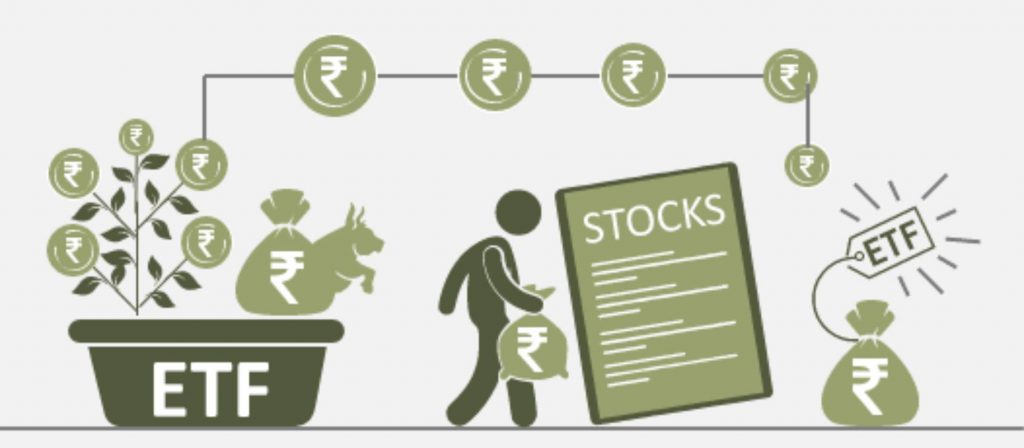You may consider investing in the stock market but don’t know where to start, or you may find it too complex. Choosing examples of fast growth stocks and where to put your money out of all the available options may be daunting, but there is an option that eases trading and allows you to diversify your funds.
Table of Contents
What Does ETF Mean?
ETF, or the exchange-traded fund, is a pool of investments where multiple investors place their money on bonds or stocks. When you invest in an ETF, you can reap the benefits from all the securities in that fund, sometimes in the hundreds.
Exchange-traded funds are usually easier to trade and incur fewer fees than other investments. ETF means one party owns the assets, finds a way to track how they change, then sells the shares to investors.
While stakeholders own the shares or part of the ETF, they don’t have rights to the main assets. Therefore, ETF managers passively run it, unlike in mutual funds, where investors actively track the investments, knowing when they will rise or fall.
Types of ETFs
There are various ETF types you can invest in even as a beginner. Opting for the stock ETF means that you prefer long-term investments, hence more recovery time due to the market’s volatility.
Alternatively, the bond ETF is for those who prefer less risky routes and fixed income returns. On the other hand, Commodity ETF allows you to invest in natural resources and other tangible goods.
You can also go for the currency ETF dealing in the foreign exchange sector or the industry ETF that tracks lucrative industries like the health sector.
Conversely, leveraged funds are typically short-term strategies but are very high risk. Lastly, the inverse ETFs rely on the index to decrease to gain; however, like leveraged ETFs, they are also susceptible to market fluctuations.
Pros of ETFs
Investing in an ETF means you get the best of both worlds in terms of easy trading and lucrative returns. Thanks to the new securities, you don’t have to buy individual stocks, and the option is more tax effective.
One fund allows you to diversify across industries or markets, and you can invest in multiple avenues. Many are turning to ETFs because of the focused investment approach where you can target high-return sectors like biotech.
Another attractive aspect of ETFs is that they are cheaper, unlike other opportunities. The average expense ratio has been declining over the years, especially for bond ETFs with current rates as low as 0.13%.
Cons of ETFs
Although ETFs are popular among stock investors, there is one main drawback for a beginner. Choosing ETF means that your money can go to online brokers since some have not dropped their commissions. You may trade at a higher value than the actual cost, where you will pay more.
Why Choose ETFs
ETFs are growing more popular as more investors understand how they work; you can also enjoy all the perks like the ease of trading, lower costs, and high returns.
It gives you a great option if you prefer diversifying your stocks and focusing on lucrative sectors like the health industry. The market may be unpredictable but investing in ETFs remains the safest way.


